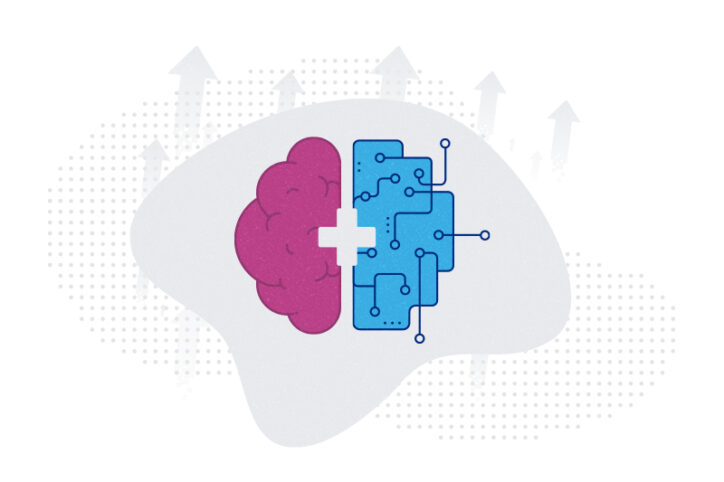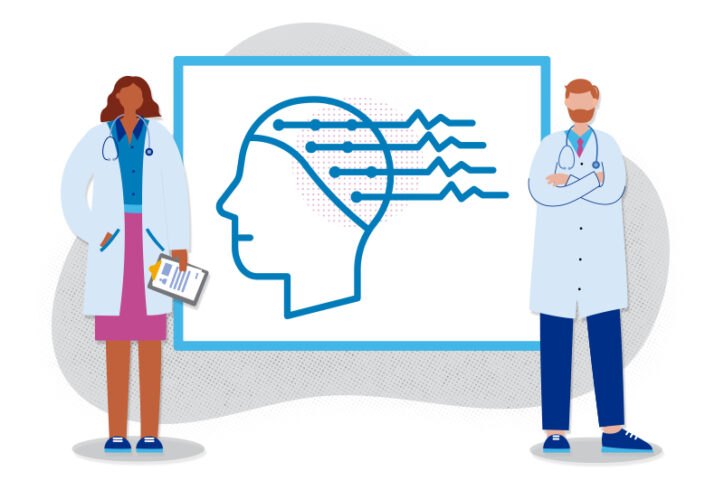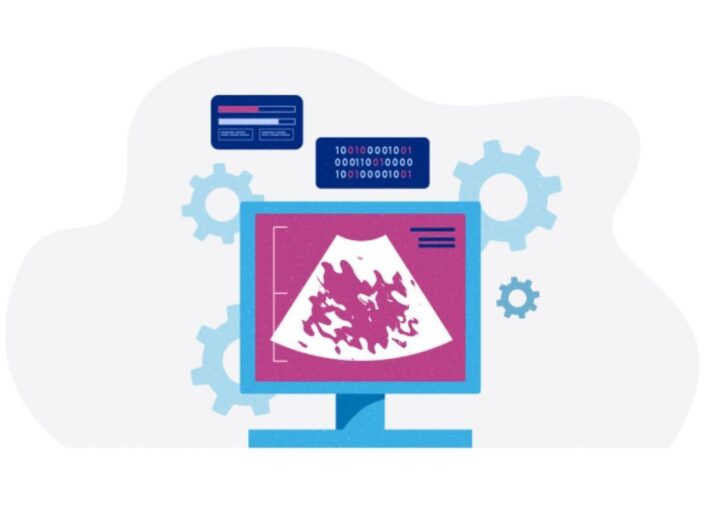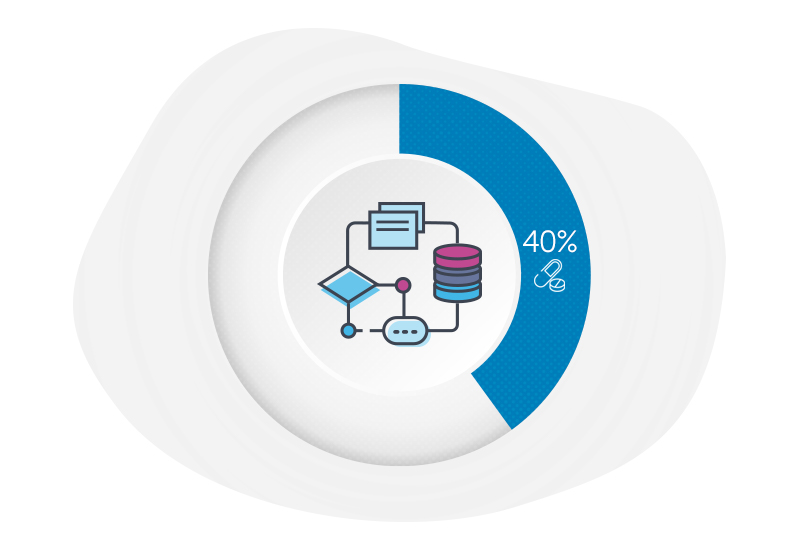Archive for artificial intelligence
AI-enabled medical devices are burgeoning, but many haven’t been tested in children
Medical devices that incorporate artificial intelligence and machine learning are proliferating. In 2013, the FDA approved fewer than 10 such devices; by 2023, this number had grown to nearly 250. Devices include software to help interpret radiology images, wearable devices that monitor the heart and flag risks, and devices that analyze brain signals for potential ... Read More about AI-enabled medical devices are burgeoning, but many haven’t been tested in children
Finding epilepsy hotspots before surgery: A faster, non-invasive approach
Neurosurgery for patients with drug-resistant epilepsy requires locating the precise brain areas that are generating the seizures. Typically, patients undergo 7 to 10 days of invasive intracranial EEG monitoring, with electrodes surgically implanted inside the brain through one or more skull openings to capture seizure activity as it happens. Eleonora Tamilia, PhD, directs the Epilepsy ... Read More about Finding epilepsy hotspots before surgery: A faster, non-invasive approach
Tagged: artificial intelligence, eeg, epilepsy, neurosurgery, research
Machine learning algorithm could offer urologists a “crystal ball” for predicting VUR
Hydronephrosis is a common congenital anomaly that’s increasingly identified during prenatal ultrasound. Although ultrasound is also the first-line test to screen for hydronephrosis in infants, it is poor at determining dilating vesicoureteral reflux (VUR), one cause of hydronephrosis. A voiding cystourethrogram (VCUG) can better characterize VUR but is more invasive and costlier. But what if ... Read More about Machine learning algorithm could offer urologists a “crystal ball” for predicting VUR
Tagged: artificial intelligence, urology
Drawing on data to revolutionize pediatric urology
At first blush, data analytics — sifting through raw data to discover patterns and draw conclusions from them — seems far afield from the practice of pediatric urology. One discipline involves crunching numbers at a computer, while the other involves caring for patients in the clinic or operating room (OR). But for members of Boston ... Read More about Drawing on data to revolutionize pediatric urology
Predicting the best treatment for vesicoureteral reflux in kids: The power of machine learning
The result of abnormal formation of the normal valve between the kidney and bladder, vesicoureteral reflux (VUR) can lead to recurrent febrile urinary tract infections (UTIs) and kidney scarring in children. Previous research has shown that when taken continuously, prophylactic antibiotics can reduce the risk of recurrent UTI in about half of this population. However, ... Read More about Predicting the best treatment for vesicoureteral reflux in kids: The power of machine learning
Harnessing the power of machine learning to improve urology care
Urodynamics — a group of tests that evaluate how well the body collects, and then releases, urine — can be crucial for diagnosing urologic problems, particularly in children with spinal cord defects and other neurologic conditions. While urodynamics can provide clinicians with a rich set of data, the interpretation of these tests remains unstandardized. That ... Read More about Harnessing the power of machine learning to improve urology care
Tagged: artificial intelligence, urology
CHIP-ing away at health and medicine for 25 years: A look back
In 1994, when CHIP was formed, the dotcom boom was just dawning. iPhones and social media (except for the earliest versions) were more than a decade away. Bill Clinton was president. Isaac Kohane, MD, PhD, had just completed a fellowship in endocrinology at Boston Children’s Hospital under the mentorship of Joseph Majzoub, MD. He wanted ... Read More about CHIP-ing away at health and medicine for 25 years: A look back








